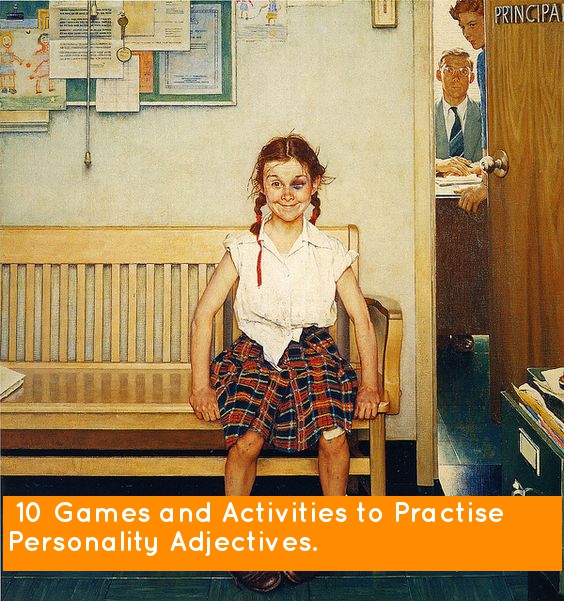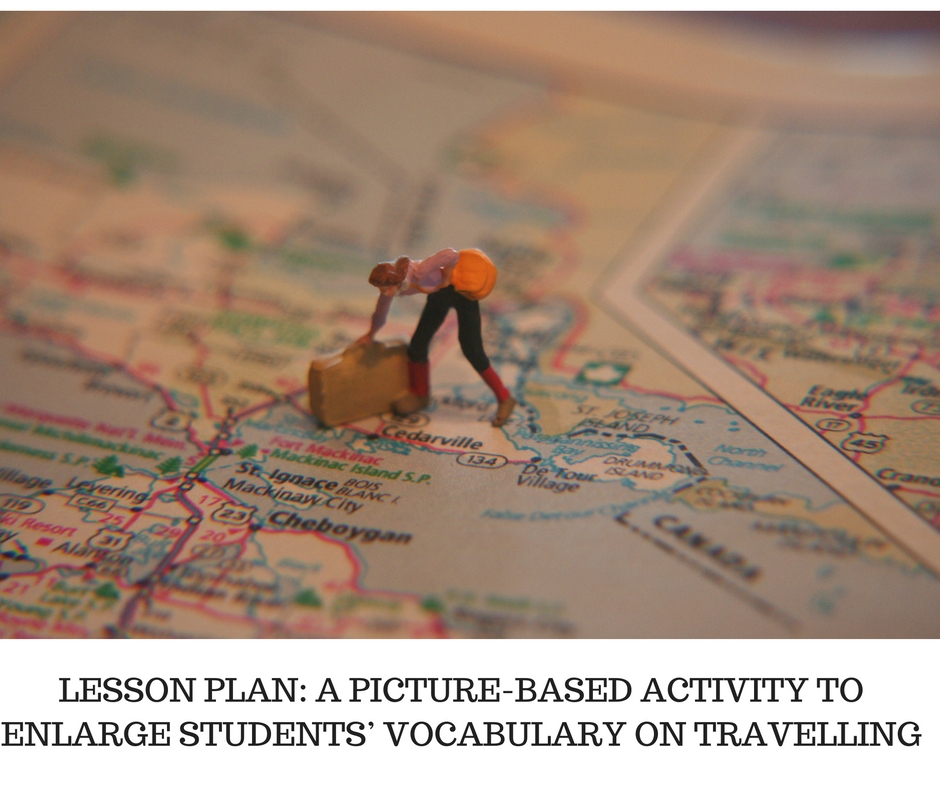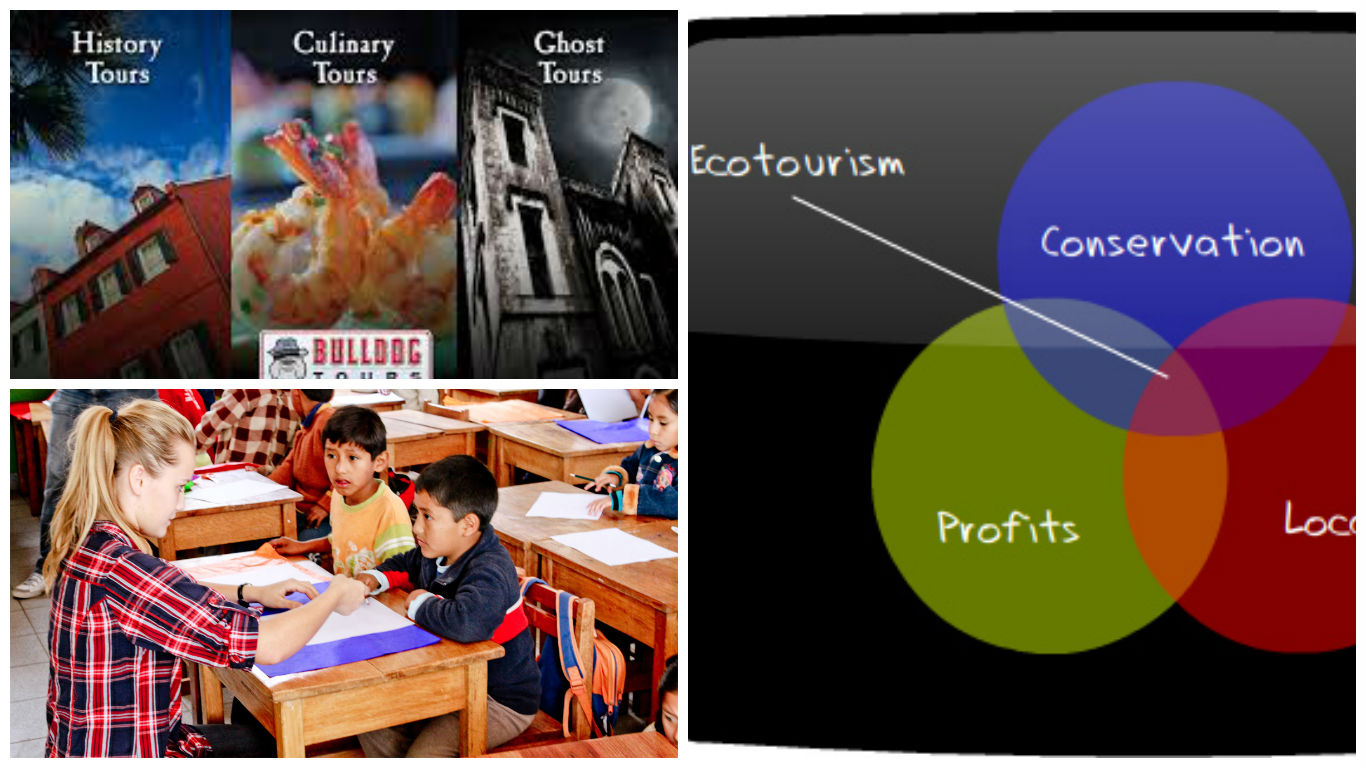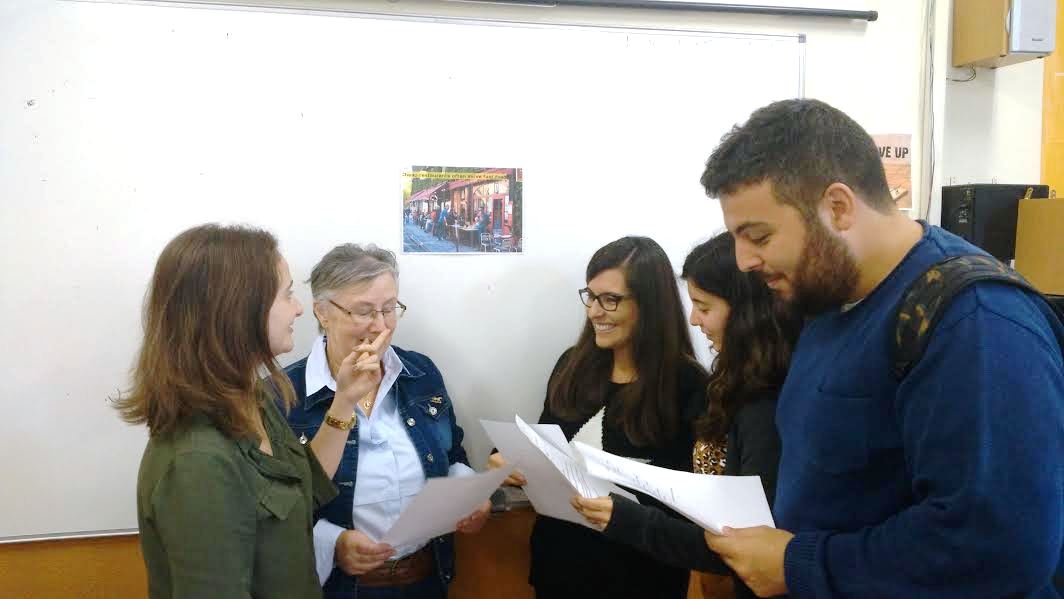Ten entertaining ways to practise personality adjectives with activities for all ages and levels. In this post, you’ll find listening,writing, speaking activities and games to help students master this vocabulary.

Blog de Cristina is also on Facebook. Follow us!
This is me.
Ask students to work in pairs and write down as many personality adjectives as they can in two minutes.
On the board write three columns: positive, negative and neutral adjectives and ask students to provide adjectives for the three columns. Have students choose one adjective from each column to describe their personality and in pairs talk about how these adjectives they have chosen are representative of their personality. Ask students to elaborate on their answers and provide examples to support their choice of adjectives.
Roleplays
Prepare cards with a personality trait written on it (talkative, cheerful, arrogant, stubborn, immature, possessive…etc). Give students a card telling them this is their personality. Pair up students and ask them to start a conversation and act the way the card says until their partner guesses what adjective they were given. Ask students for example to talk about buying a present for the teacher or deciding on what do at the weekend.
Reading your signature.
What does your signature say about you? According to handwriting analysts, signatures reveal a lot about your personality.
- Ask students to write the sentence Write soon on a piece of paper and then sign under the sentence.
- Ask them to work in pairs and look at their partner’s signature and explain what it means. See interpretation here
- Ask them to discuss whether they agree with their partner’s interpretation and why or why not.
What’s your job?
Research has shown that different personality traits tend to have distinct preferences in their choice of careers. On the board write the jobs below. Ask students in pairs to choose five and discuss what personality types the jobs would attract and why. Then discuss their choices with another pair:
Tax inspector Teacher politician computer programmer librarian
Actor fashion model psychologist entrepreneur judge
Acting out
Prepare cards with personality adjectives. Divide the class into 2 teams. For each team’s turn, set a time (1 minute).
On the board write the sentence: I want to go to the cinema tomorrow.
Team 1 begins and choose a player to sit at the front of the class. The player draws a card and acts out the phrase according to the adjective on the card. When the team guesses correctly, he can draw another card. He continues until the time is up. The timer is set again for the other team, and turns continue until all the slips are gone. Count the slips and give those points to their teams.
Quotes.
On the walls of the class stick the following quotes. Students in threes stand up and discuss what the quote means and whether they agree or disagree with them.
- Always be yourself, express yourself, have faith in yourself, do not go out and look for a successful personality and duplicate it. Bruce Lee.
- It is better to be hated for who you are, than to be loved for someone you are not. André Gide.
- If somebody likes me, I want them to like the real me, not what they think I am
- Beauty attracts the eye but personality captures the heart.
- Nearly all men can stand adversity, but if you want to test a man’s character, give him power.
- It’d never too late for what you might have been. George Elliot.
Guess who. A speaking or writing activity.
Speaking. Before the class, prepare a set of pictures of famous people with very clear personality traits. For this activity the students are sitting in pairs, one student (A) facing the board and the other (B) with his back to the board. Display the photo of a celebrity and ask student A to describe this person in general terms focusing on his personality.
Writing. Before the class, prepare a collage with pictures of famous people with very clear personality traits. Ask students to write a description of one of them focusing on their personality without saying their names. Descriptions are read aloud and students will need to determine the identity of the person being described.

The four big questions.
Tell students you’re going to analyse their personality by asking them four key questions to which they should answer using three adjectives for each question. Adjectives cannot be repeated.
1. Choose a colour, the first colour that comes to mind.
Once you have that colour, list three adjectives that describe it.
2. Choose an animal, the first animal that comes to mind.
Once you have selected an animal, list three adjectives that describe it.
3. Choose a body of water like a river, ocean, sea, or lake. Once you have chosen a body of water, list three adjectives that describe it.
4. Let’s say you are in a white room with no windows no doors, list three emotions that you are feeling.
When you are done answering those questions, highlight the following to get your results: your colour represents what you think of yourself, the animal represents what you think of other people, the body of water represents your love life, and the white room represents what you will feel like when you are about to die.
Birth order
Do you think birth order has any influence on our personality?
Ask students to work in groups of 4. Tell them they are going to see a video where personality is related to birth order. Assign each person in the group the task of writing down information they can gather from the video about either first borns, middle children, last borns or only children.
Whole class discussion. Starting with “first-borns”, write on the board all the information the students learnt from the video. Start a class discussion where first borns in the class will say whether they agree or disagree with the content in the video. Repeat procedure for middle children, last borns and only children.
Tic Tac Toe
Tic Tac Toe. also known as noughts and crosses or Xs and Os is a game for two players, X and O, who take turns marking the spaces in a 3×3 (3×4 in this game) grid. The player who succeeds in placing three of their marks in a horizontal, vertical, or diagonal row wins the game.
In this game, to place their mark they’ll need to talk for about two minutes about the question in the box.










